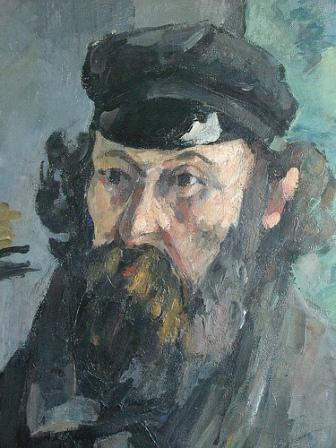I don't own a car, but I drive a Flexcar when, on occasion, it is necessary to get from A to B outside of the bus schedule's constraints. I listen to talk radio exclusively when I drive alone because I love to listen to people call a radio host and receive the latter's praise or derision.
One of them this morning left a particularly poignant reminder of the political discourse to which pundits cling. For some reason the host, a self-proclaimed liberal and critic of the current administration, felt it appropriate to reference the founding fathers, even going so far as to say something like, "all of the first President's with the exception of John Adams, did or were X."
I hope that any reader of this post is familiar with a few of my guiding principles by now. To reiterate, one of those is the non-sacredness of the Founding Fathers. First of all, I don't really know to whom that term refers. Is it those who signed the Declaration of Independence? Is it those who wrote it? Is it the first five to 10 presidents of this country? Was it everyone who attended the Constitutional Convention? Everyone on Mount Rushmore? Who are they?
If they refer to more than three people, say Adams, Jefferson, and Washington, there is hardly any possibility of a consistent political worldview among them. They all were affiliated with different groups. Adams and Jefferson rarely agreed on anything before 1815 as far as I can tell, at least from what I have read. To disclaim yet again, I am no expert in early American political history, but I am tired of the invocation of that term in order to validate one's opinion. Above all, I hate it when so called "liberals" employ that tactic because it serves only to erode their credibility.
Allow me to elaborate.
Those people who were responsible for chasing the British army out of their U.S. colonies were not interested in creating a country with freedom and justice for all. They gave no rights to women; they affirmed the institution of slavery; they stole the land that made up the country from its owners just before calculating their slaughter, and they vested most of the real power to govern in themselves--the wealthy, landowning class.
For all the talk, there was very little democracy in any of the institutions. The state legislatures chose the Senators in those days instead of direct elections. The people did not even directly vote for a president. Certainly those were different times, the country was different, the world was different, but that does not alter the conclusion that they actually did very little to create a democratic society. They simply created a similar one in which they were not obliged to a monarch across the ocean.
However, they did establish the rule of law, and promulgated a Constitution that would provide a framework of adaptability to times other than their own. These accomplishments should not be overshadowed by my criticism.
The point is the Republican leaders' comparison to the founding fathers is much more consistent with who I think the founding fathers were. I don't look at their leadership as desirable and I certainly do not approve of the use of that term to describe anything close to the ideal form of government. It is better than absolutism, autocracy, totalitarianism, and other forms of complete authoritarianism. As a country, given our resources, and our ingenuity, I think we can do better than compare ourselves to the founding fathers.
Thursday, March 23, 2006
Subscribe to:
Post Comments (Atom)




No comments:
Post a Comment